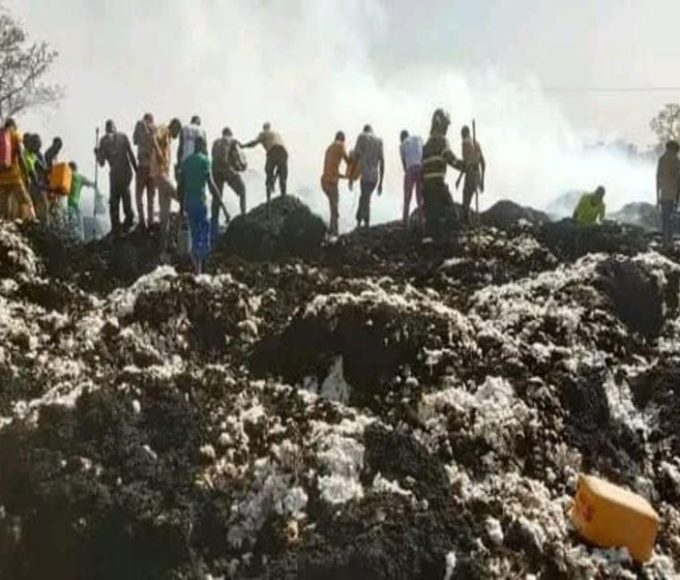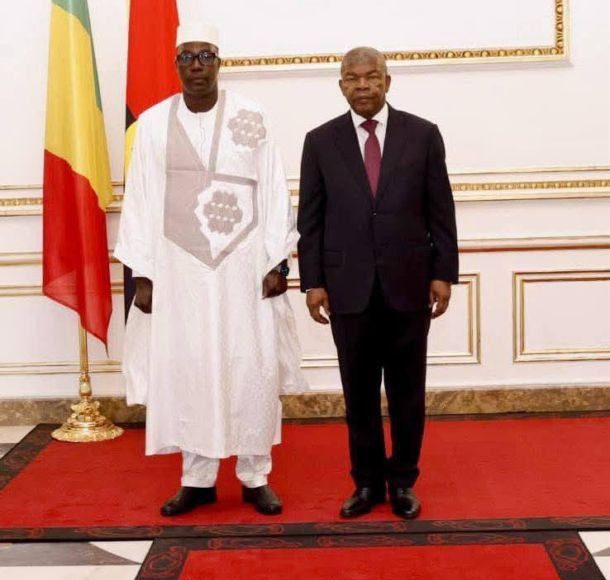
Protests in Southern Libya Prompt Closure of Key Oil Fields

Tensions have escalated in southern Libya as ongoing protests demanding social reforms have resulted in the shutdown of two crucial oil fields in the Ubari region.
Engineers reported that Libya’s Sharara oilfield, responsible for yielding up to 300,000 barrels per day, ceased operations on Wednesday, followed by the closure of the el-Feel field on Thursday.
The protesting residents have articulated several demands, including the establishment of a hospital in Oubari, the employment of youth specialized in the oil sector, and the creation of a dedicated refinery in Fezzan to mitigate the persistent shortages of gas and petrol.
Abou Bakr Abou Setta, president of the Fezzan rally, emphasized the pressure tactic, stating, “This is the only card we have to put pressure on Tripoli to grant us our rights.”
In response, the government in Tripoli urged for a “return to reason” and implored that oil production should not become entangled in such internal problems.
Analysts have interpreted these protests as indicative of the political discord between the two rival authorities vying for power within Libya.
The internationally recognized Abdul Hamid Dbeibeh government operates from Tripoli, while the parallel authority, supported by the House in Tobruk and led by Khalifa Haftar, administers eastern Libya from Sirte.
The oil and gas sector significantly contributes to Libya’s revenue, with the state-owned National Oil Corporation (NOC) announcing in November 2023 that the country achieved a daily oil production of 1.24 million barrels.
“Crude oil production reached 1,240,000 barrels per day, and condensate production reached 50,000 barrels per day during the past 24 hours,” stated the NOC in a release.
Read: NDLEA: “Borno Youths Take Fermented Urine, Lizard Dung & Unusual Substances To Get High”
About The Author
Related Articles
Zimbabwe Rejects $350m US Health Deal Over Sovereignty Dispute
Zimbabwe has formally withdrawn from negotiations on a proposed $350 million health...
ByWest Africa WeeklyFebruary 25, 2026Niger’s President Outlines Vision for Strategic Partnership with China
Niger’s Head of State, General Abdourahmane Tiani, has articulated a renewed vision...
ByWest Africa WeeklyFebruary 25, 2026Fire Destroys 140 Tonnes of Cotton in Western Burkina Faso
A major fire has destroyed more than 140 tonnes of cotton in...
ByWest Africa WeeklyFebruary 25, 2026Mali’s New Ambassador to Angola Presents Credentials, Pledges Stronger Bilateral Ties
Diplomatic relations between Mali and Angola entered a new phase on February...
ByWest Africa WeeklyFebruary 25, 2026











